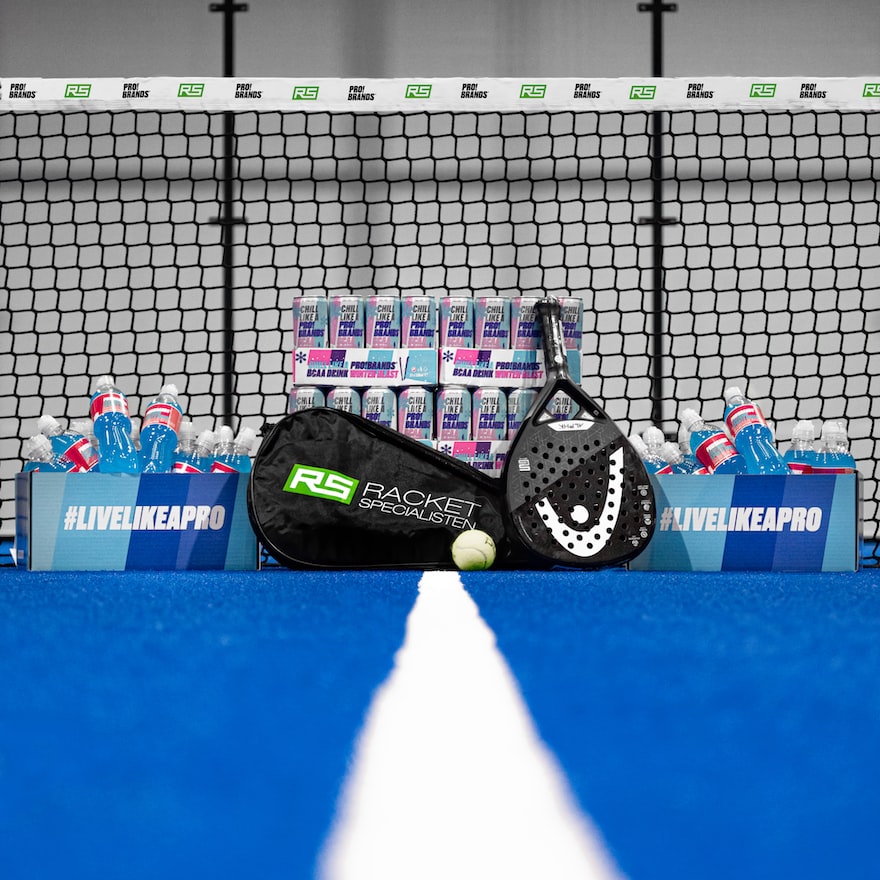The ABCs of Padel Doubles: Beginners’ Guide to Understanding the Rules
3 min read
The ABCs of Padel Doubles: Beginners’ Guide to Understanding the Rules
Introduction
Welcome, fellow padel enthusiasts! If you’re here, chances are you’re a beginner looking to grasp the rules of padel doubles. Well, you’ve come to the right place. In this article, we’ll take you through the ins and outs of the game, decoding the mysterious language of padel doubles rules. So grab your racket, put on your game face, and let’s dive in!
The Basics
Padel doubles is a fast-paced racquet sport that combines elements of tennis and squash. Played on an enclosed court with glass walls, it offers a unique and exciting experience. Before we delve into the rules, let’s cover some basic terminology:
Deuce
In padel doubles, the term “deuce” refers to a tie score of 40-40. It’s the moment when tensions run high, and every point matters. Winning the next point after deuce is crucial, as it grants your team an advantage.
Advantage
When a team wins a point after deuce, they gain the advantage. This means they only need to win one more point to secure the game. If they lose the next point, the game returns to deuce.
Serving and Scoring
Now that we’re acquainted with some key terms, let’s move on to serving and scoring. Padel doubles follows a similar scoring system to tennis, but with a few unique twists:
Serving
In padel doubles, each player gets one serve. The serve must be done underhand and hit below waist level. It must also land in the opposite diagonal service box, without touching the side wall, glass walls, or any of the surrounding wires. Oh, and one more thing- you can only serve diagonally!
Scoring
Scoring is the same as in tennis. You start at 0-0, or “love-all,” and progress to 15, 30, 40, and finally, the game point. However, if both teams reach 40, it’s deuce, and the battle for advantage begins.
The Art of Rallying
Padel doubles is all about teamwork and quick reflexes. Here are a few essential rules to remember during rallies:
Wall Ball
If the ball hits a side wall, it remains in play. Players can use this to their advantage by strategically bouncing the ball off the walls to gain better positioning in the court.
One Bounce Rule
Unlike tennis, in padel doubles, the ball is allowed to bounce once on the ground before returning it to the other team. This adds an extra element of strategy to the game.
No Volleys Near the Net
In padel doubles, you’re not allowed to hit a volley on the opponent’s side if you’re close to the net and the ball is below the height of the net.
Conclusion
Congratulations! You’ve made it through this beginner’s guide to understanding the rules of padel doubles. As you continue to play and gain more experience, these rules will become second nature. Remember, practice makes perfect! So gather your friends and hit the court. Until then, keep refining your skills, honing your strategies, and most importantly, enjoying the thrilling world of padel doubles!






